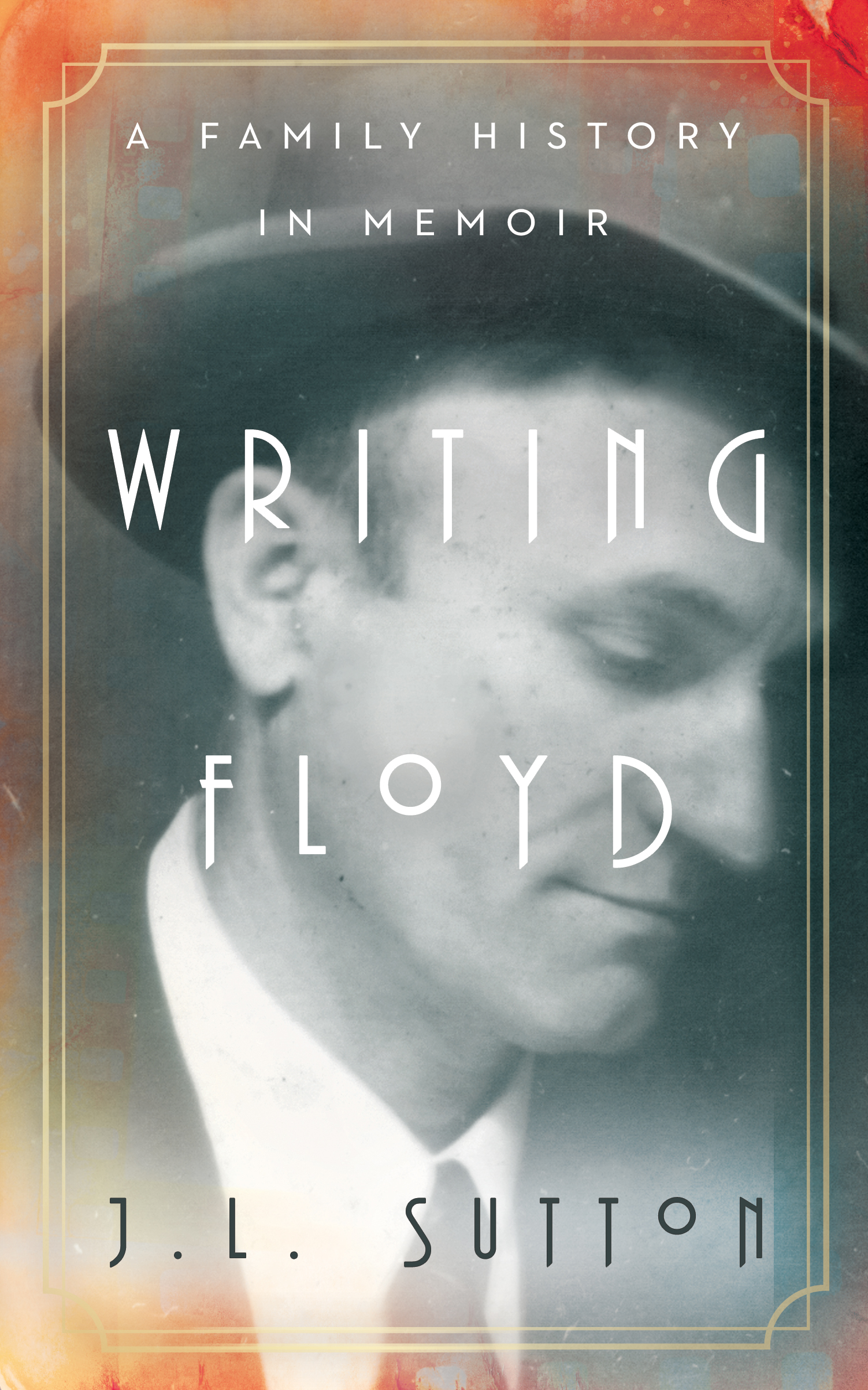

Writing Floyd is a family history of sorts, but it’s also an exploration of what it means to claim an identity in this country, and how the lies of the past never really go away. This is a different version of the “Roaring ‘20s” than you’ll find in most books; Writing Floyd is The Great Gatsby’s alternative history.

Writing Floyd is the very personal story of my family. At the same time, the story explores the formation of cultural and racial identity against the backdrop of the Klan's takeover of Middle America in the 1920s.

Writing Floyd attempts to make sense of the broader white supremacy movement of the 1920s from the perspective of one family. To the best of my ability, I let family speak. Research took me on a journey both away from and toward family in directions that surprised me. I learned much about how cultural identity was formed amid the stirrings of xenophobia and how that identity continues to resonate today.

When membership records for the 1920s Klan were discovered in my little town of Noblesville, Indiana, it made headlines. My father clearly didn’t want me meddling with this history; although after I found my grandfather’s Klan membership card in these records, he admitted that when he was a boy his father dressed him in the white hood and robes.

By joining the Klan, my grandfather became a symbol of how white my family had become, despite evidence that we had not always been so. Like J.D. Vance’s Hillbilly Elegy, my story is about white folks, sort of. My family’s connection to the Klan is a story about what my family believed about itself and its role in America.

Writing Floyd is a family history of sorts, but it’s also an exploration of what it means to claim an identity in this country, and how the lies of the past never really go away. This is a different version of the “Roaring ‘20s” than you’ll find in most books; Writing Floyd is The Great Gatsby’s alternative history.











